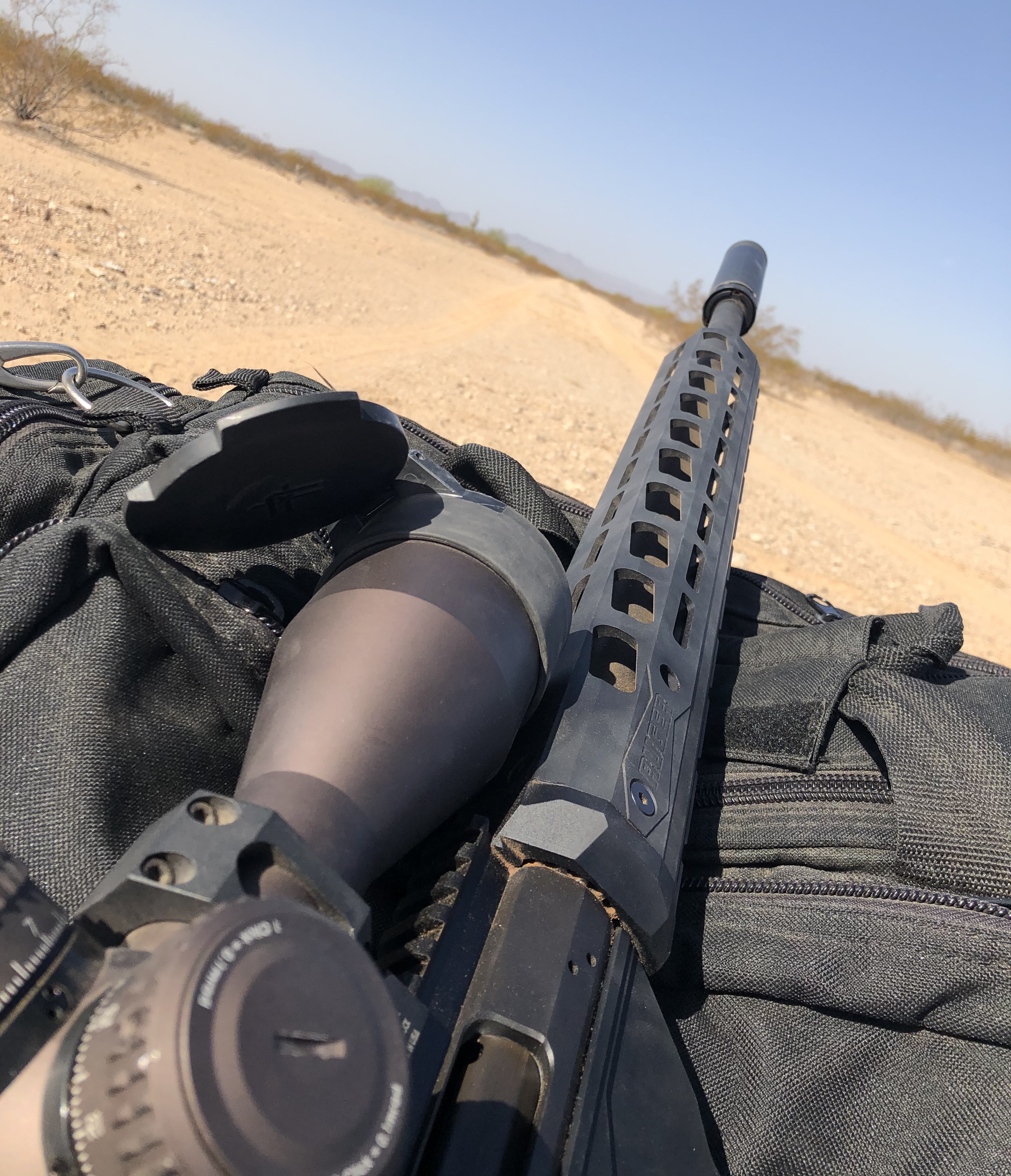Gun Trusts
Why should I make a gun trust? Here a 5 good reason why you should set on up:
Gun trusts deal with ownership of firearms that are subject to stringent federal and state regulations. These trusts make it easier to possess and handle firearms after the owner passes away and protect heirs from unintentionally breaking the law.
Gun trusts are normally used for firearms that are covered by the National Firearms Act of 1934 (NFA) and its subsequent revision, Title II of the Gun Control Act of 1968. They include suppressors/silencers, fully automated machine guns, short-barreled shotguns, short-barreled rifles, large caliber weapons and explosives, e.g. grenades, and a broad category known as A.O.W. (stands for “Any Other Weapon” – think unusual items like a pen gun or knife gun).
NFA weapons need to be registered with the Bureau of Alcohol, Tobacco, Firearms, and Explosives (BATFE, or sometimes also known as “ATF”), and may only be possessed and used by the registered owner. State laws can apply further restrictions. For example, some states outlaw weapons such as silencers/suppressors and machine guns.
More than one person may possess and use the weapon. If a gun trust is properly set up to allow for beneficiaries and/or co- or successor trustees, other individuals may be legally be allowed to possess or use the firearm held in trust. This may help the owner and other loved ones and friends from committing an “accidental felony
The gun may be kept in trust even after the owner’s death. This enables the grantor/owner to pass on weapons, e.g. a collection of firearms, in the manner they desire. It also may provide the heirs/beneficiaries all of the same gun trust benefits that the grantor/owner enjoyed during his/her life.
The executor of the estate has an easier job. Executors who are not familiar with the rules surrounding NFA and other weapons could accidentally break criminal laws by sending the gun to a state where it is prohibited, giving it to someone who may not legally own it, or transferring it without following the proper steps beforehand. With a gun trust, the trustee is in charge of trust assets, not the executor. (It is therefore important to name a trustee who is familiar with state and federal weapons laws or who at least recognizes the need to call a qualified attorney for advice.)
Avoid probate. Firearms held by a trust do not need to go through probate at the owner’s death.
Sounds complicated to set one up? Not really, we've partnered with nationalguntrusts.com, they make it simple. They walk you thru the crazy. Use that particular link and it also gives me street credit… ;)
Why should I make a gun trust? Here a 5 good reason why you should set on up:
Gun trusts deal with ownership of firearms that are subject to stringent federal and state regulations. These trusts make it easier to possess and handle firearms after the owner passes away and protect heirs from unintentionally breaking the law.
Gun trusts are normally used for firearms that are covered by the National Firearms Act of 1934 (NFA) and its subsequent revision, Title II of the Gun Control Act of 1968. They include suppressors/silencers, fully automated machine guns, short-barreled shotguns, short-barreled rifles, large caliber weapons and explosives, e.g. grenades, and a broad category known as A.O.W. (stands for “Any Other Weapon” – think unusual items like a pen gun or knife gun).
NFA weapons need to be registered with the Bureau of Alcohol, Tobacco, Firearms, and Explosives (BATFE, or sometimes also known as “ATF”), and may only be possessed and used by the registered owner. State laws can apply further restrictions. For example, some states outlaw weapons such as silencers/suppressors and machine guns.
More than one person may possess and use the weapon. If a gun trust is properly set up to allow for beneficiaries and/or co- or successor trustees, other individuals may be legally be allowed to possess or use the firearm held in trust. This may help the owner and other loved ones and friends from committing an “accidental felony
The gun may be kept in trust even after the owner’s death. This enables the grantor/owner to pass on weapons, e.g. a collection of firearms, in the manner they desire. It also may provide the heirs/beneficiaries all of the same gun trust benefits that the grantor/owner enjoyed during his/her life.
The executor of the estate has an easier job. Executors who are not familiar with the rules surrounding NFA and other weapons could accidentally break criminal laws by sending the gun to a state where it is prohibited, giving it to someone who may not legally own it, or transferring it without following the proper steps beforehand. With a gun trust, the trustee is in charge of trust assets, not the executor. (It is therefore important to name a trustee who is familiar with state and federal weapons laws or who at least recognizes the need to call a qualified attorney for advice.)
Avoid probate. Firearms held by a trust do not need to go through probate at the owner’s death.
Sounds complicated to set one up? Not really, we've partnered with nationalguntrusts.com, they make it simple. They walk you thru the crazy. Use that particular link and it also gives me street credit… ;)
